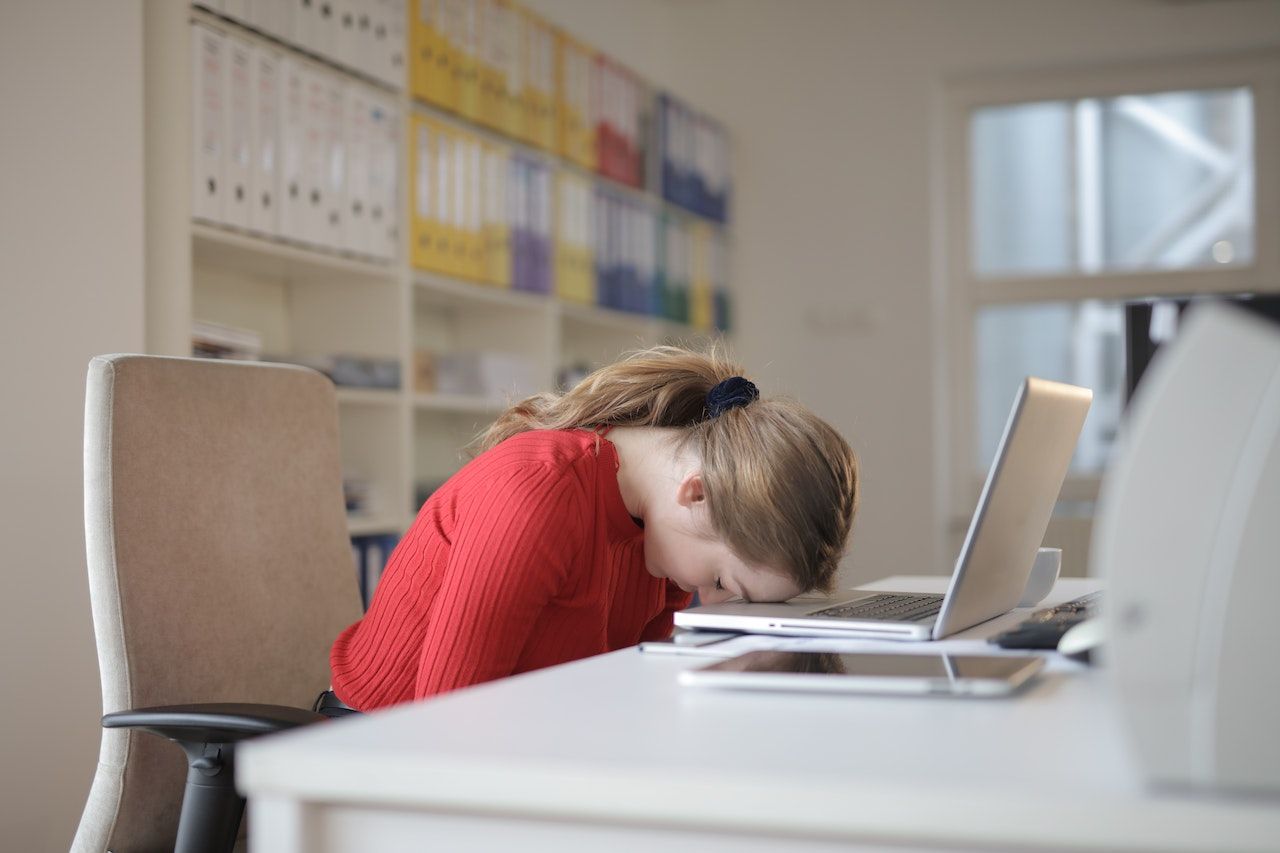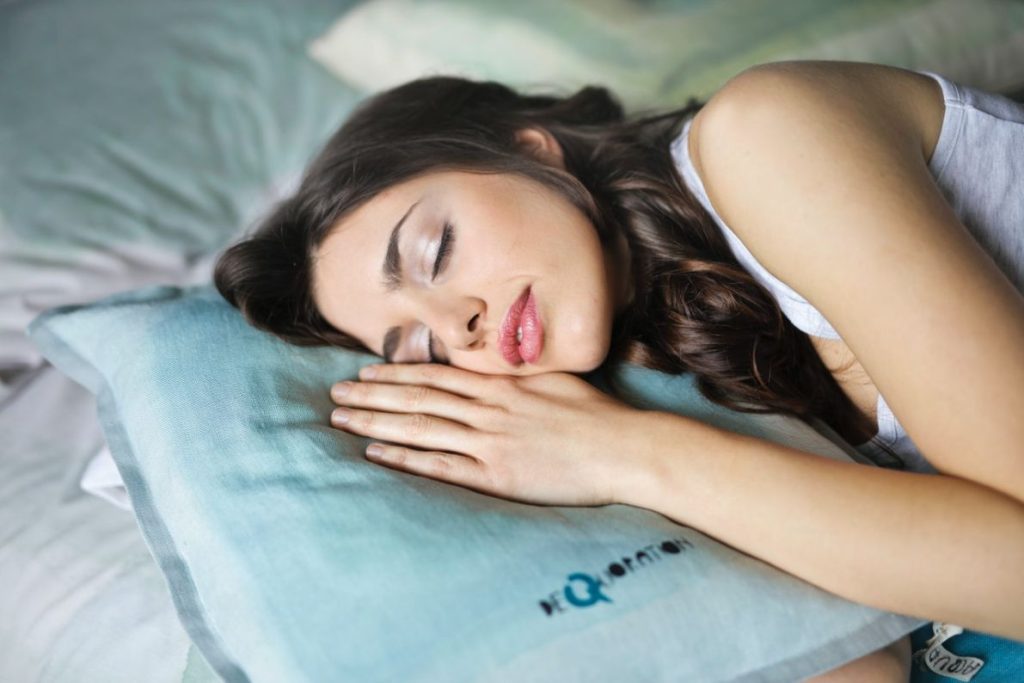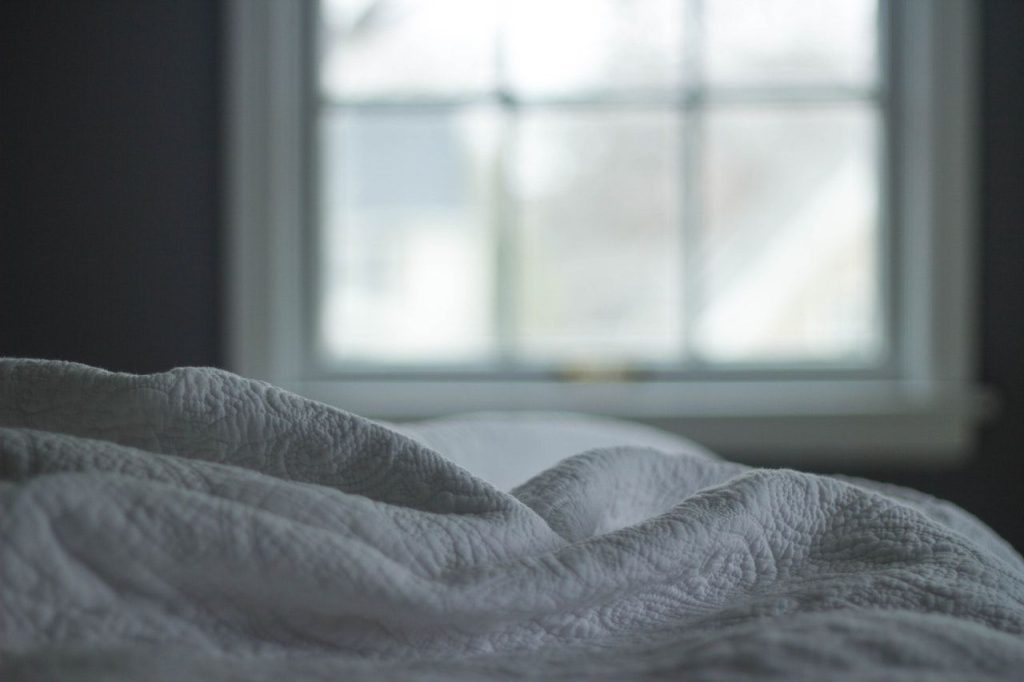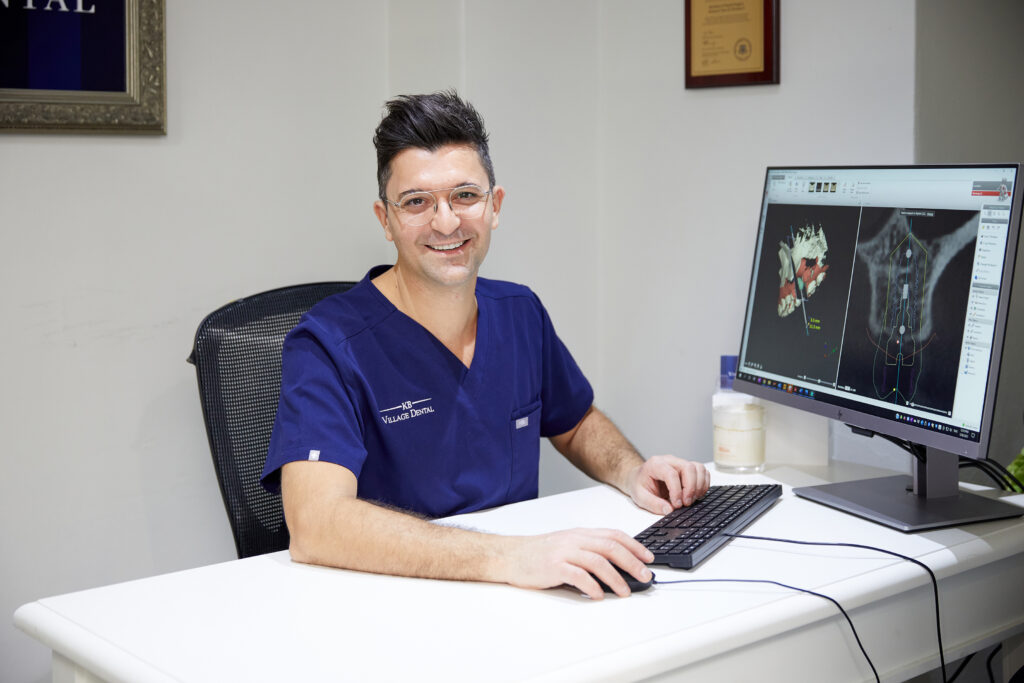What Causes These 3 Common Types of Sleep Apnoea
Sleep apnoea is an extremely common yet serious sleep disorder. Often causing fatigue and concentration difficulties, untreated it can have major health consequences and lead to issues like high blood pressure and heart trouble. The good news is that it is easily treatable, and treatments can involve something as simple as a trip to a qualified local dentist.
Here is everything you need to know about the two types of sleep apnoea, and what to do if you think you may be suffering from the condition.
What is sleep apnoea?
Sleep apnoea is a condition where you stop breathing repeatedly during sleep. Fundamentally, it is caused by the upper airway muscles relaxing, pinching off the airway and stopping air from passing through. When this happens, breathing will pause typically for 10-20 seconds until your reflexes kick in. These reflexes will jolt you awake, but often so briefly that you won’t remember it.
Sleep apnoea episodes can be quite short but can happen anywhere from 5-100 times an hour. This level of interrupted sleep is what causes symptoms of fatigue, while the lack of oxygen over time can cause other more serious health complications.
Anyone can get sleep apnoea, and it is estimated that approximately 5% of Australians suffer from the condition. It is more common in men, although the rates in women rise with age. Weight has also been linked to sleep apnoea, and in some cases where the patient is obese, weight loss can be known to cure it. This is not the case for everyone, however, and anyone of any weight can have sleep apnoea. There are three different types of sleep apnoea, each identifiable by the cause of the blocked airways.
The 3 types of sleep apnoea
1. Obstructive sleep apnoea
Obstructive sleep apnoea is the most common type of sleep apnoea and is caused by the airways themselves. The upper airway muscles relax and close, which is why it is usually accompanied by loud snoring.
2. Central sleep apnoea
Central sleep apnoea is much rarer and is caused by your brain not sending the proper breathing signals to your body, allowing your airways to relax when they shouldn’t.
3. Complex sleep apnoea syndrome
Complex sleep apnoea is even rarer and is a mix of both obstructive and central sleep apnoea, where both the brain signals misfire and the throat muscles relax of their own accord to cause the pause in breathing.
6 Treatments for sleep apnoea
There are a variety of treatment options for sleep apnoea, and it can be easy to manage and control. Most of these treatments work across all types of sleep apnoea.
1. Lifestyle adjustments
There are several lifestyle adjustments that can help manage, reduce, and stop sleep apnoea in some cases. Losing weight is a common one, but others such as reduction of alcohol intake can make a difference to sleep apnoea.
2. Continuous positive airway pressure (CPAP) machine
A CPAP machine is a mask-like device worn while sleeping that keeps positive pressure on your airways. It only provides slightly more pressure than the surrounding air, but it is just enough to keep your airway open. CPAP is the most common and reliable way of managing sleep apnoea and is most often used in mild to moderate obstructive sleep apnoea. It is, however, an adjustment some people do not enjoy.
While some people don’t mind CPAP masks, sleeping with a mask can be difficult for some to endure. There are a variety of mask types that can be trialled, and with practice, most people find the benefits of not snoring and stopping the apnoea episodes worth the bother of the mask.
3. Oral appliances
Often mistaken as simple mouthguards, devices like Mandibular Advancement Splints can be custom fit to make your jaw sit forward, opening your throat muscles in your sleep. It is a highly effective method of reducing sleep apnoea, however, CPAP therapy has higher efficiency. Regardless, oral appliances are cheaper and considered easier to sleep with and are a good place to start if you only have mild sleep apnoea.
4. Assessing other health problems
Sleep apnoea can be a symptom of other health problems, or a reaction to medications. If those problems are cured or the medications are managed differently, it may stop the sleep apnoea. For example, hypothyroidism can cause sleep apnoea. If your sleep apnoea was a result of your hypothyroidism, then treating that condition should stop the apnoea symptoms.
If your sleep apnoea has come on suddenly, since starting a new medication, or with additional unrelated symptoms, then the best way to know if alternate health treatments are something that would help is to see your doctor.
5. Other airway pressure devices
In the rare instance that a CPAP machine doesn’t work, or a patient really objects to it, there are other machines that can be used. CPAP remains the most popular, but other options such as Bilevel positive airway pressure (BPAP) do exist. Rather than holding the same level of pressure, BPAP machines vary the air pressure to give higher levels of pressure as you breathe in, and less as you breathe out.
6. Surgery
Only considered in cases of severe sleep apnoea, surgery can be used to help reduce or stop the condition. Surgical options can include tissue removal or shrinkage, jaw repositioning, implants, removing enlarged tonsils or adenoids, nerve stimulation or tracheostomy (creating a new air passage – only used in severe, life-threatening situations).
When to talk to a professional about your sleep apnoea
If you keep waking up tired or have a partner that complains about your snoring, or notices that you are holding your breath in your sleep; it is worth talking to a health professional.
An initial health team for sleep apnoea would consist of your GP, and a sleep specialist who would recommend the best treatment option depending on the severity. If an oral appliance is advised, a dentist will be the one to make and fit the custom splints.
At KB Village Dental, Dr Evan is well versed in working with specialist health professionals to provide the best possible care to people suffering from sleep apnoea. If you need help managing your sleep apnoea with a dental device, Dr Evan’s will help you find the most comfortable solution to help you get a good night’s sleep. Head over to our contact page for more information!





